Defining Grab and Uber as taxi firms affects integration efforts
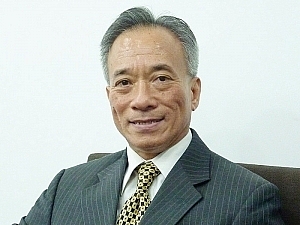 |
| Nguyen Tri Hieu |
At the meeting to discuss the draft decree replacing Decree No.86/2014/ND-CP on March 8, Minister of Transport Nguyen Van The said that Grab and Uber should be regulated as taxi firms in Vietnam. Do you think this statement is justified in terms of economic integration and development?
Grab and Uber are specialised in developing and supplying applications in technology-based platforms. Specifically, they are ride-hailing apps that efficiently match drivers with passengers. As tech companies, they do not own vehicle fleets or employ drivers. Thus, it is not suitable to treat Grab and Uber the same way as traditional taxi services.
Moreover, new products and services are continually launched in developing economies. There are some companies that are specialised in internet-based sharing services like Grab and Uber. They are basically tech companies providing ride-hailing services for commuters. Therefore, it is not reasonable to regulate them as traditional taxi companies like Vinasun and Mai Linh, especially in the increasingly integrated economy as well as in the era of Industry 4.0.
As tech companies, they help connect nearby vehicles to passengers more efficiently. Meanwhile, drivers can enjoy the flexibility of ride-hailing and earn additional income opportunities as well. To better manage Grab and Uber, the government should develop regulations governing internet-based sharing services rather than treating them as traditional taxi firms.
Vietnam decided to regulate Grab and Uber as taxi services after running a ride-sharing pilot programme for two years. Do you think it would dampen foreign tech companies’ enthusiasm to expand operations in Vietnam?
During two years of the pilot programme, Vietnam has allowed Grab and Uber to operate as tech companies providing ride-hailing services. If the country decided to treat them as traditional taxis all of a sudden, it would adversely impact the local investment climate as well as pose high risks for foreign companies investing in Vietnam.
The move would create a barrier for foreign companies to invest in similar fields as well as for other foreign companies to commit long-term investment in the country. On top of everything else, it would affect the investment and cooperation environment as Vietnam has just signed the Comprehensive and Progressive Agreement for Trans-Pacific Partnership (CPTPP). As a member country of the CPTPP, Vietnam should take a step forward in the process of integration into the global economy.
Do you think banning or forcing Grab and Uber to leave country is in line with the provisions of the CPTPP in the field of e-commerce?
The newly-signed CPTPP anticipates global economic integration. According to the trade pact, companies specialising in researching and developing applications in technology-based platforms like Grab and Uber are defined as services brokerage firms.
It is not reasonable to ban or force these service firms to leave the country given that the relevant regulations have yet to be fully developed. Specifically, Decree 86 has not covered all the operations of Grab and Uber, which are providing internet-based sharing services instead of conventional transportation services.
After nearly three years of the pilot programme, I think the government has accumulated sufficient data to complete a legal framework for these services, facilitating them to operate in Vietnam as ride-sharing service providers.
The regulatory authorities should not hesitate to develop the framework and seek approval from the government and the National Assembly. The framework will help these companies to operate in a fair and equitable business environment.
If the legal framework has yet to be fully developed, Grab and Uber will also face difficulties in operation and expansion. Meanwhile, traditional taxi firms are not satisfied with the issue of fair competition. As a result, it will hinder the development of the transportation industry and the economy.
| In an increasingly integrated economy, strong brands with the best services will survive the competition. |
What should be done to create balance between tech-based apps and traditional taxis?
We should take a holistic approach to the competition between tech-based apps and traditional taxis, in three aspects including the government, customers, and corporates. The government should introduce regulations related to the rights and obligations of related parties, creating an open and fair business climate.
Meanwhile, traditional taxis need to accept the development rules of economic integration, which require the application of science and technology in transportation.
In addition, a variety of new services will be launched, including both conventional and unconventional services. Therefore, traditional taxi firms should adapt to the changes. If they want to compete with tech-based services, they should offer reasonable fares with quality service and skilled drivers. In particular, they should invest in technology to improve services for commuters.
In an increasingly integrated economy, strong brands with the best services will survive the competition. Regarding customers, the Ministry of Transport and the government should start a campaign to publicise the new regulations effectively.
What the stars mean:
★ Poor ★ ★ Promising ★★★ Good ★★★★ Very good ★★★★★ Exceptional
Themes: Ride-hailing services
Latest News
More News
- E-commerce platforms help to spread agricultural value (April 25, 2024 | 07:30)
- Standard Chartered revises down Vietnam's 2024 GDP growth forecast to 6 per cent (April 24, 2024 | 15:04)
- Vincom Retail retains brand name following Vingroup divestment (April 24, 2024 | 15:00)
- Veterinary drugmakers seek time and cost-saving policies (April 24, 2024 | 11:36)
- Crucial small business arena to receive reduced CIT boost (April 24, 2024 | 11:12)
- Gaw Capital bets on “China plus one” opportunities in Vietnam (April 24, 2024 | 09:00)
- Softening demand to limit 2024 trade (April 24, 2024 | 08:00)
- FPT partners with NVIDIA to shape the future of AI and Cloud on global scale (April 23, 2024 | 18:07)
- Beverage giant SABECO thirsty for $190 million profit this year (April 23, 2024 | 17:47)
- US government hosts AI workshop in Ho Chi Minh City with key partners (April 23, 2024 | 15:09)



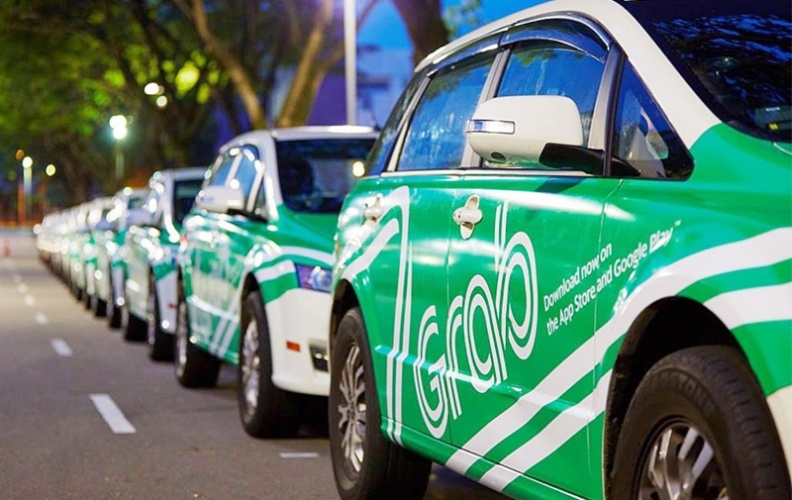
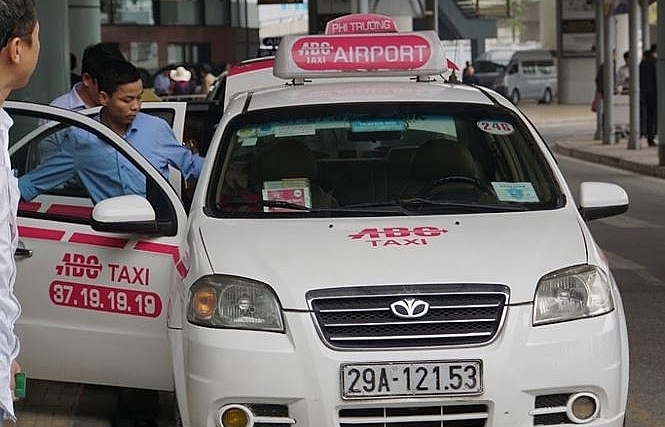
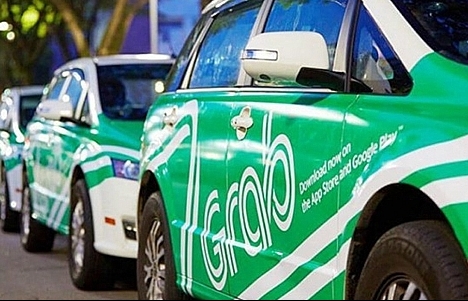

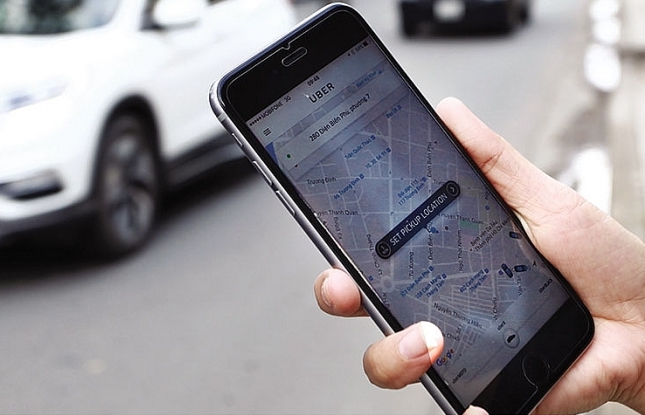
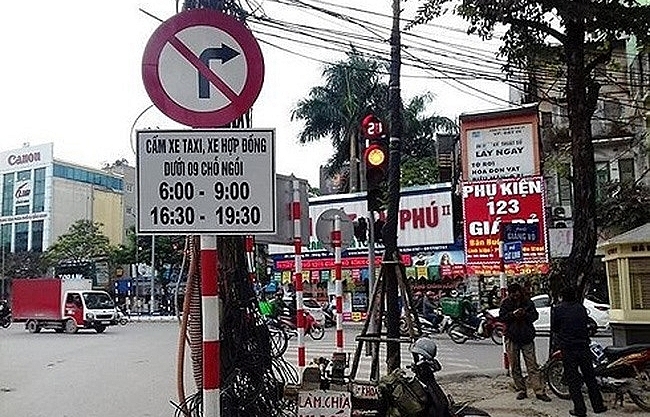
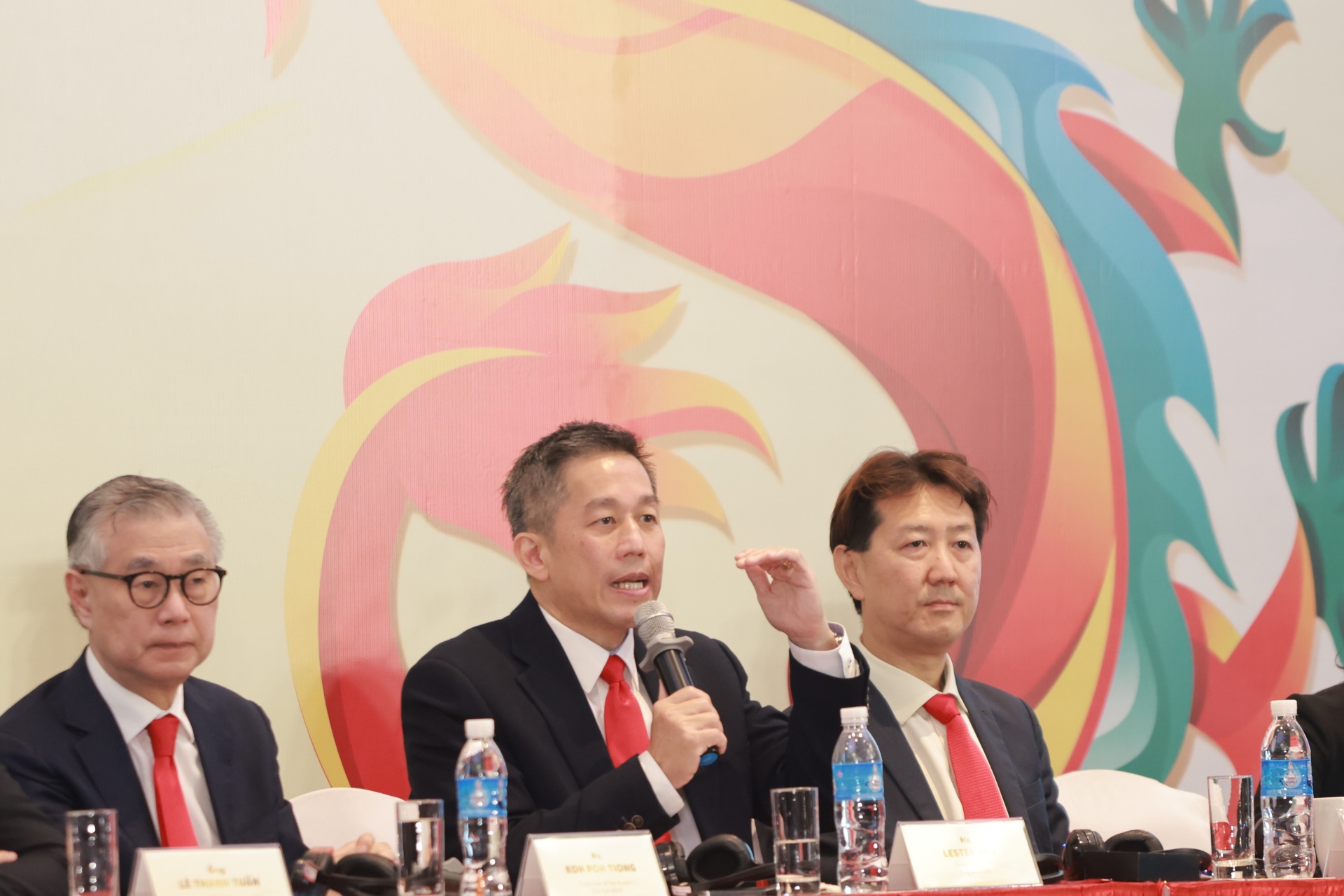



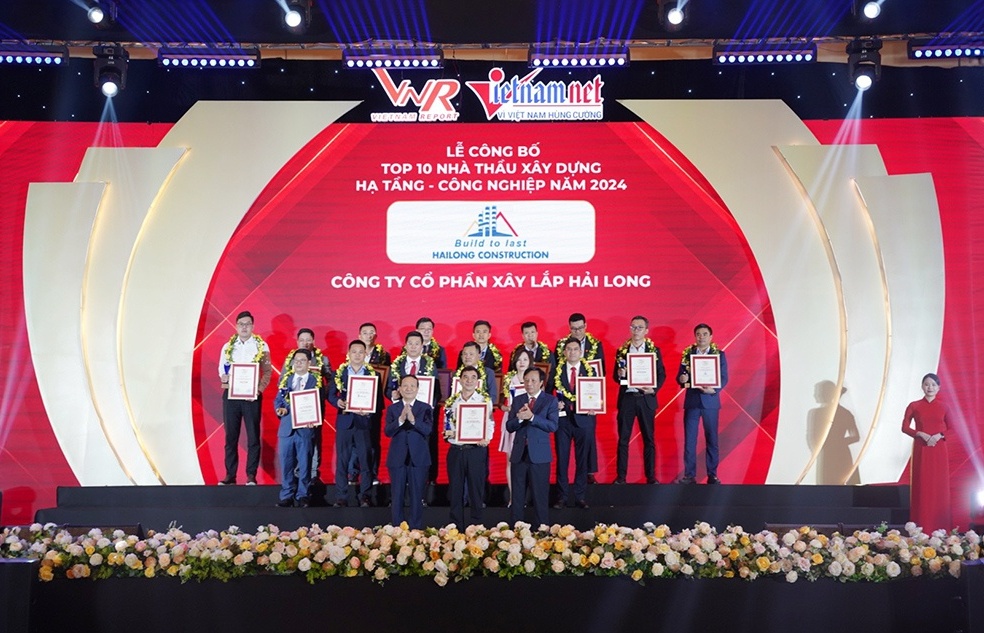



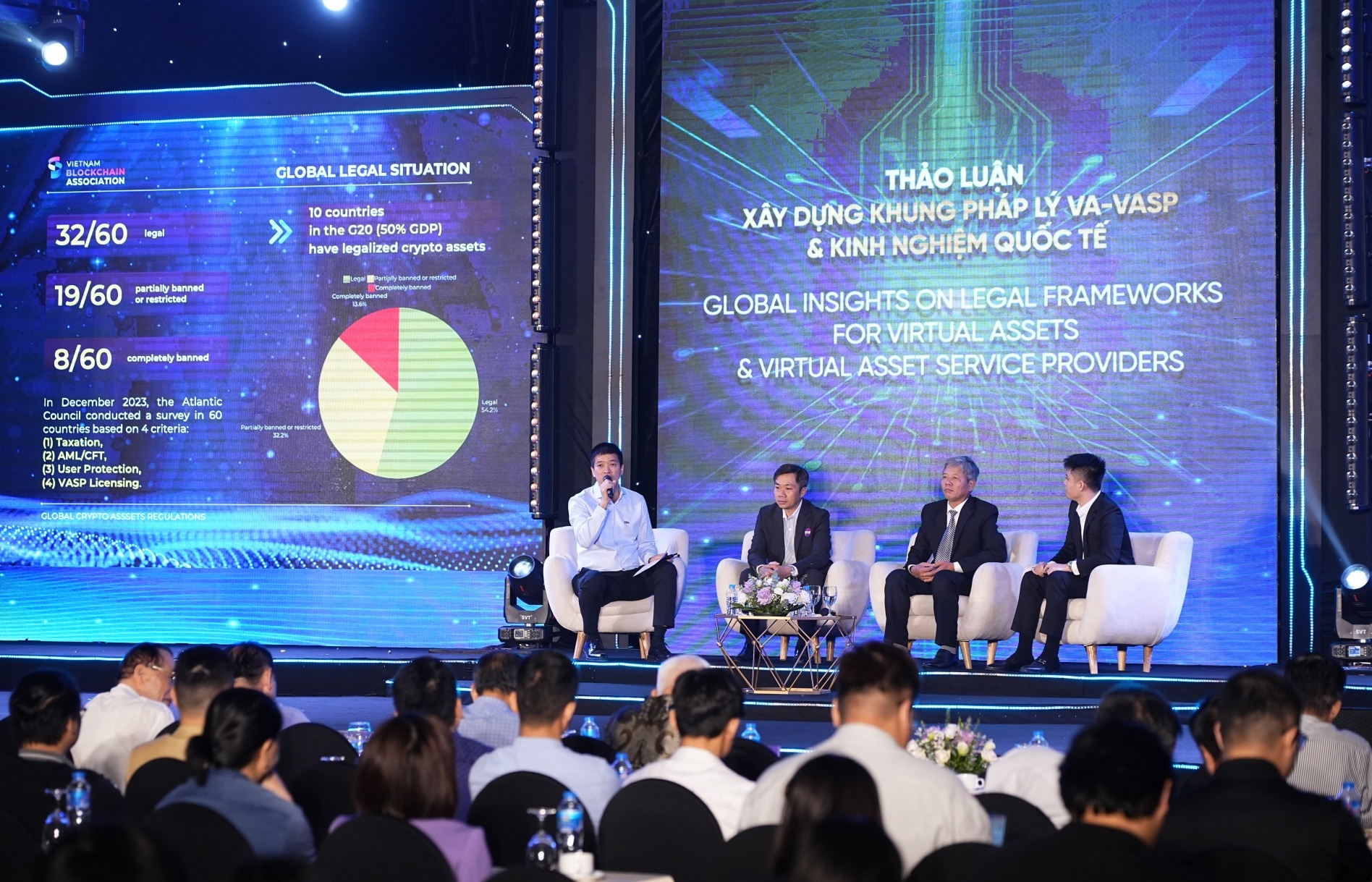



 Mobile Version
Mobile Version